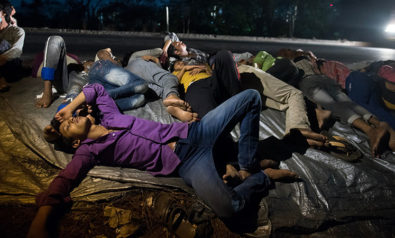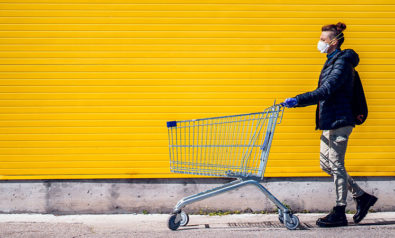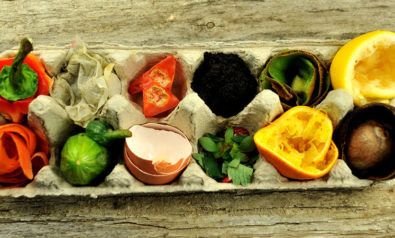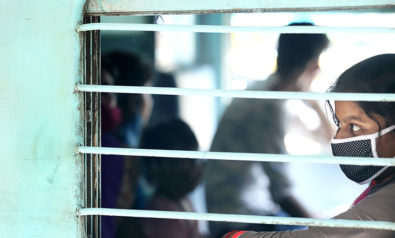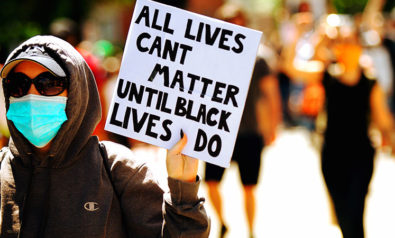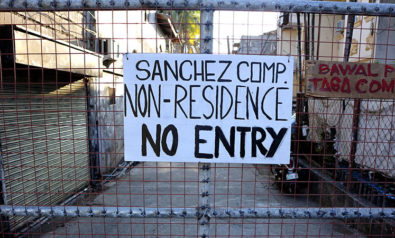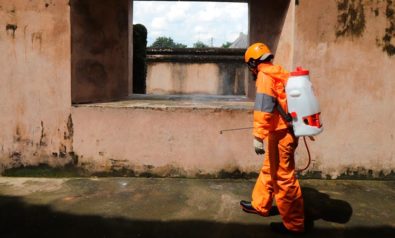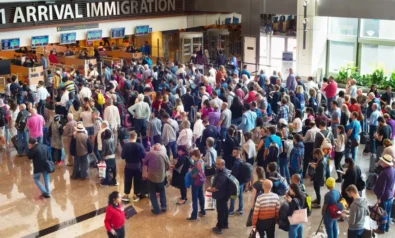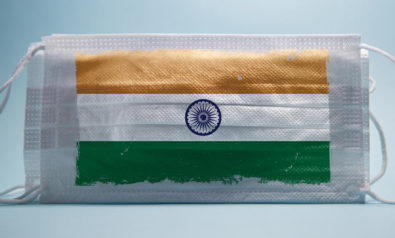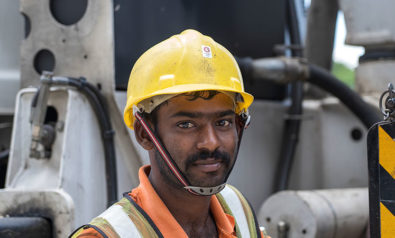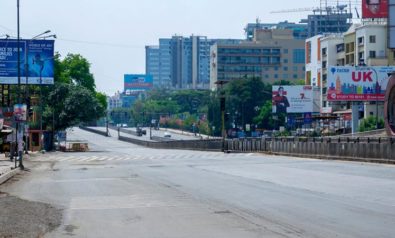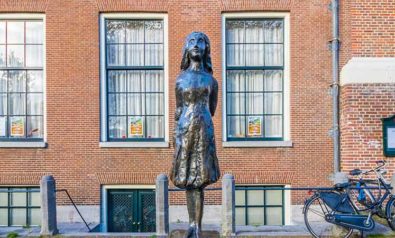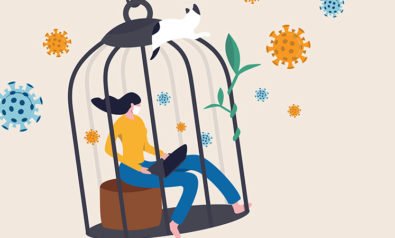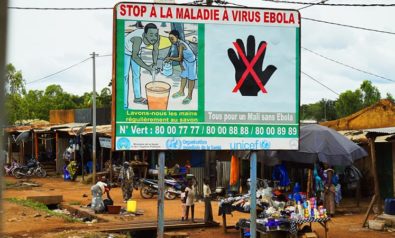In 1968, German mathematician Dietrich Braess made a rather fascinating observation. When you added an additional road between points A and B, it slowed traffic down rather than speed it up. The Braess paradox, as it is now called, is a counterintuitive observation that has been studied and expanded for over half a century, with applications extending beyond mathematics and traffic management. Ian Gemp and Sridhar Mahadevan, of the University of Massachusetts, found applications of the Braess paradox in computing and artificial intelligence networks.
If that is too nerdy, let us take an example of sports. The addition of a star player can unintentionally weaken team performance due to over-reliance on that player. Simply put, in situations of crowding and limited capacity (system stress), the availability of options could actually worsen a situation instead of improving it. The COVID-19 crisis has given many systems the opportunity to stress-test their capacity. Many developing nations in Africa, Latin Americas and Asia are especially vulnerable, given a lack of resources, testing and medical equipment.
After Six Years in Office, Modi’s House of Cards Shakes at the Foundations
Take India, which declared an ambitious lockdown to flatten the curve. While fairly successful in controlling the spread — except for stray incidents of super-spreaders — has left many stranded and helpless. In an unmanageable democracy of India’s size, this would have led to mass starvation, medical emergencies and, in desperation, large-scale civil disobedience. But then, the Braess paradox kicked in. While citizens of many developed nations waited for governments to take action, India saw communities pitching in to augment state capacity.
Sense of Community
The sleepy coastal town of Pondicherry (or Puducherry) is retiree heaven. Thousands of empty-nesters and couples move there in search of peace, camaraderie and spirituality. Lockdown meant they wouldn’t have access to pharmacies, medical tests and facilities. The Sri Aurobindo Ashram set up an outreach program the day lockdown was announced. Merging technology, grassroots volunteers and government machinery, this program now reaches out to thousands of seniors that need blood tests, medicines and, in some cases, even complex palliative care.
Sexuality is a taboo topic in India. This means sex workers, intersex and eunuch communities as well as transsexuals often fall under the radar of public services. Sewa Bharti, a social organization in New Delhi, set up a distributed network of doctors available through a 24-hour helpline. A group of low-income sex workers contacted the organization through the helpline and, two weeks in, Sewa Bharti was distributing grocery kits to over 900 affected people. Those at the bottom of society’s pecking order are now top priority for this organization.
The Annamrita Foundation, in partnership with the Reliance Foundation, has repurposed its school kitchens and sends out 180,000 meals each day. If you thought that’s a staggering number, imagine this. If 1% of India’s population is logistically impacted — locked down, immobile, daily-wage earners — we are talking about 13 million people. That is more people than London, Paris and Frankfurt put together.
Comprehending the scale of the challenge, the Akshaya Patra Foundation partnered with over 50 corporate houses, including Coca Cola, Goldman Sachs, Deutsche Bank, Infosys and Walmart, and 100,000 online donors to provide over 30 million meals in April. Incidentally, former US President Barack Obama had acknowledged that “In just a few years, Akshaya Patra has become the largest single feeding programme in the world.” Indian Prime Minister Narendra Modi commended its effort, saying that “Akshaya Patra is that vessel in which food never ends.”
Bengaluru-based the Art of Living Foundation (AOL) has been distributing sanitizer, infrared thermometers, masks and protective personal equipment kits to health-care workers and hospitals across India. AOL’s founder, Sri Sri Ravi Shankar, hosts daily live conversations focused on mental health and emotional tools to handle the situation.
The World Is One Family
A short drive away from Bengaluru, farmer Kannaiyan Subramaniam posted a distress video on social media that showed his crops about to rot as trucks weren’t running. First-time MP Tejasvi Surya rounded up support, funds and clearances to have the produce picked up. On the other end of the supply chain, these vegetables were distributed to senior citizens and community kitchens for free.
The most heart-warming are the smallest of gestures. Abhinav Rajesh and Kaushal, two 23-year-olds from Mumbai, have adopted 32 stray dogs and cats in their neighborhood, and feed them twice a day. Another WhatsApp campaign called for food and water to be left at the gates and balconies to feed birds.
The staggering amount of goodwill being generated and distributed is far greater than space allows. All this boils down to cultural DNA, one that has been formed over centuries of colonization and impoverishment and that recognizes community over individualism. Or perhaps it is the wisdom of the ancients that professed vasudhaiva kutumbakam — the world is one family. It is most certainly a complex amalgamation that has led to a simple recognition of civil responsibilities alongside civil rights.
Does this mean some societies have internalized Knightian uncertainty — where we have to work with limited knowledge to hedge possible outcomes — better than others? Are we seeing a reversal of the so-called tragedy of the commons, in which we consume resources at someone else’s expense? It may be too early to give any concrete answers, but the largest test case of Braess paradox that the COVID-19 pandemic presents is coming up with some positive results.
The views expressed in this article are the author’s own and do not necessarily reflect Fair Observer’s editorial policy.
Support Fair Observer
We rely on your support for our independence, diversity and quality.
For more than 10 years, Fair Observer has been free, fair and independent. No billionaire owns us, no advertisers control us. We are a reader-supported nonprofit. Unlike many other publications, we keep our content free for readers regardless of where they live or whether they can afford to pay. We have no paywalls and no ads.
In the post-truth era of fake news, echo chambers and filter bubbles, we publish a plurality of perspectives from around the world. Anyone can publish with us, but everyone goes through a rigorous editorial process. So, you get fact-checked, well-reasoned content instead of noise.
We publish 2,500+ voices from 90+ countries. We also conduct education and training programs
on subjects ranging from digital media and journalism to writing and critical thinking. This
doesn’t come cheap. Servers, editors, trainers and web developers cost
money.
Please consider supporting us on a regular basis as a recurring donor or a
sustaining member.
Will you support FO’s journalism?
We rely on your support for our independence, diversity and quality.



